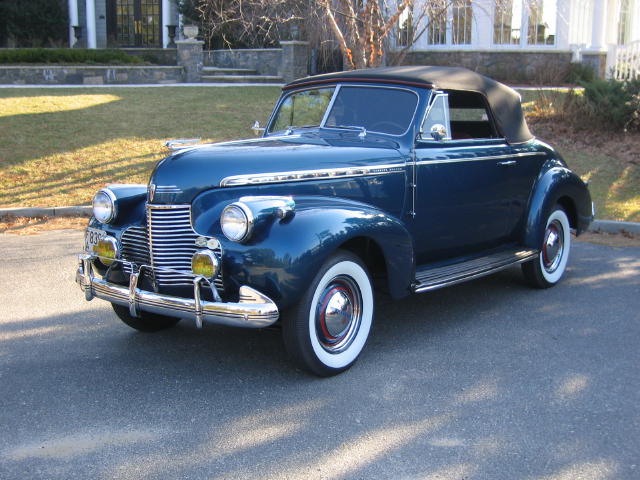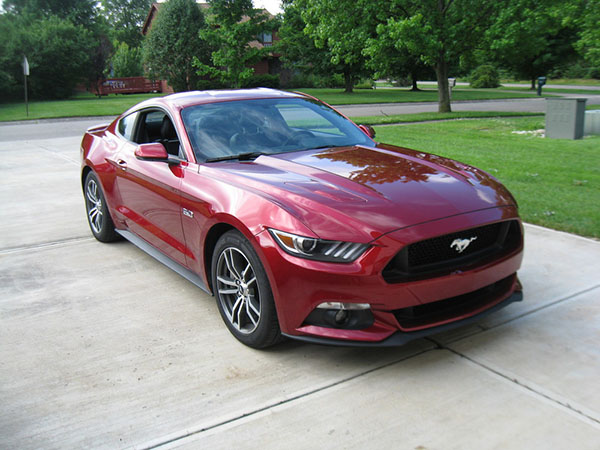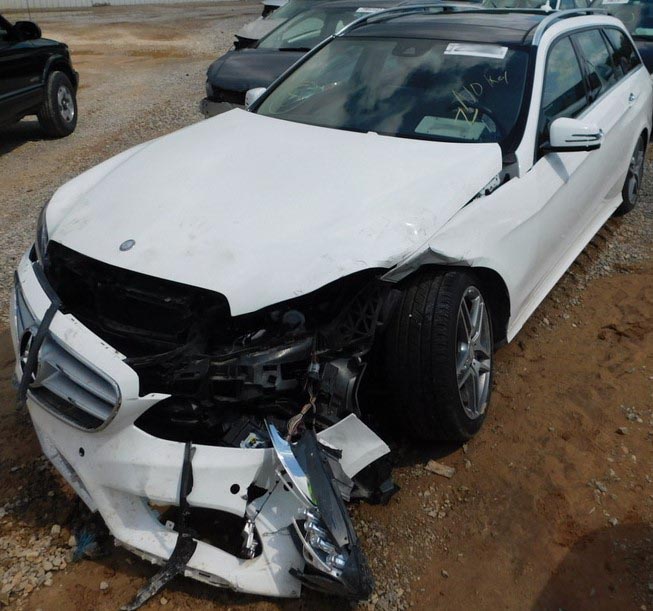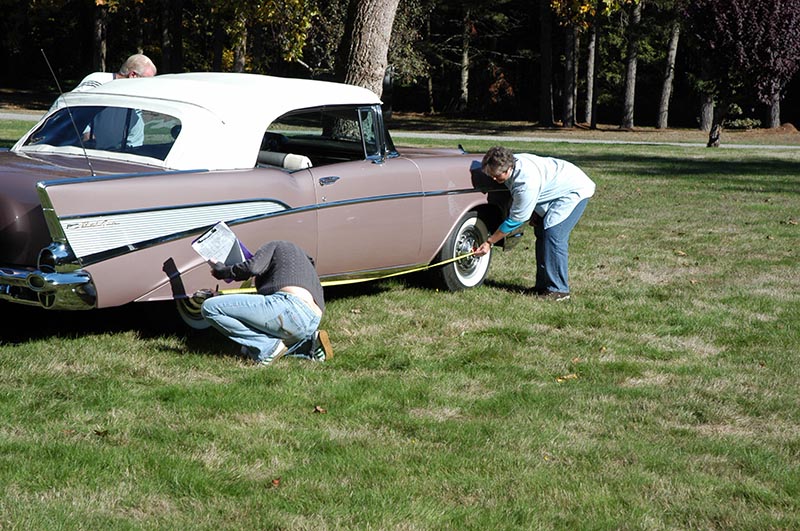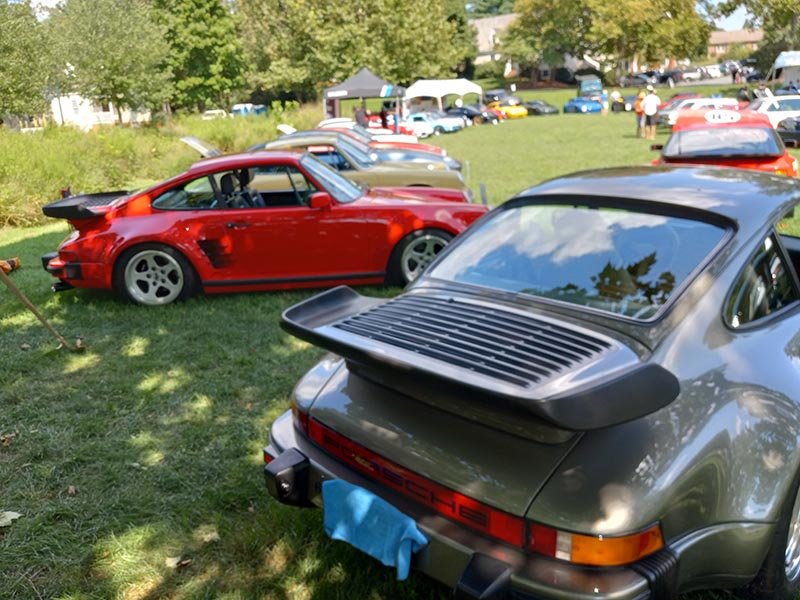
Restoring a classic car is a labor of love, a journey in which enthusiasts begin to breathe life back into vintage automotive treasures. For many, classic cars represent more than just a mode of transportation. They’re rolling works of art, imbued with nostalgia and a connection to a bygone era. But restoring a classic car to its former glory can be a complex and often daunting task. From battling rust to sourcing elusive original parts, restoration can include a variety of challenges. Proper management of your classic car restoration can help you overcome these challenges and ensure a successful, and hopefully speedy, result.
Common Classic Car Restoration Challenges
Rust: One of the most difficult hurdles you’ll encounter is rust. Over time, moisture and exposure to the elements can lead to extensive corrosion, weakening the structural integrity of the vehicle. This relentless enemy can hide beneath layers of paint and deep within the vehicle, silently eating away at the car’s body and parts. Rust is like an iceberg. A seemingly minor patch of rust on a classic Mustang’s frame rail may extend much deeper than anticipated, necessitating extensive repair work. Removing rust is a meticulous process, requiring careful scraping, sanding, and potentially even replacement of part or entire panels. This not only adds time to the restoration but can significantly inflate the budget.

Parts Availability: Finding replacement parts for a classic car can be another odyssey. Original parts are often scarce, and their condition can be unpredictable. Reproduction parts are available for some models, but they might not perfectly match the originals. In rare cases, fabricating entirely new parts from scratch becomes necessary, a process that requires skilled metalwork and can be extremely expensive. For example, restoring a classic Porsche 911 might require sourcing authentic Fuchs wheels or meticulously replicating interior trim pieces to maintain authenticity.
Hidden Challenges: The very nature of classic car restoration makes it difficult for auto shops to provide accurate estimates upfront. As the restoration progresses, the layers of a car are peeled back, revealing hidden problems that were undetectable beforehand. Rust repair, parts acquisition, and labor expenses can quickly add up, often surpassing initial estimates. A seemingly minor rust spot might uncover a much larger underlying issue, sending the cost spiraling upwards.
Unpredictable Pricing: This is why many shops are hesitant to give firm quotes. They understand that the true scope of the project can only be determined once the car is thoroughly disassembled and inspected. This lack of upfront clarity can be frustrating for car owners, leaving them worried about spiraling costs.
Tips To Keep Your Restoration Service on Track
The success of your classic car restoration hinges on clear communication with your restoration service right from the start. Consistent communication can help ensure your dream turns into reality and not a dreaded restoration nightmare!

Set Your Expectations: Before diving in, solidify your restoration goals. Do you envision a flawless show car or a reliable driver? Communicate this vision clearly to the service so they can tailor the project accordingly. Work with the service to define the exact scope of work. This should detail which parts of the car will be restored, from the engine and bodywork to the interior.
Talk Timeline and Budget: Discuss a realistic timeline for the project, considering the complexity of the restoration and parts availability. Get a detailed cost estimate outlining labor, parts, and materials. Factor in potential cost fluctuations for unforeseen issues and establish a clear process for approval if additional expenses arise.
Communicate Regularly: Maintaining open communication with your restoration service is crucial for a positive experience. Request regular updates on the restoration progress. These updates should include milestones achieved, upcoming steps, and any potential delays. Photos and videos can be a great way to visualize the work being done and document the work for future reference. Don’t hesitate to ask questions and voice any concerns you may have.
How We Can Help
Sometimes despite your best efforts, restoration services can be inconsistent with communication and updates. This is often a common complaint we hear from clients, and we understand this can be frustrating and disheartening for the vehicle owner.

With Auto Appraisal Group’s Restoration Check-In Service, we can inspect your vehicle, document completed work, and report back to you. With Agents in over 40 states, we can also provide updates on long-distance projects you can not check in on in person. These regular progress reports keep you informed about the work completed, any unexpected issues encountered, and how these might impact the budget and timeline. The Check-In Service can also motivate shops to stay on project, maintain transparency, and complete the work as expected.
Auto Appraisal Group acts as a trusted intermediary, facilitating clear communication between you and the restoration shop. Our expertise helps you stay informed and make informed decisions throughout the project, leading to a smoother, more successful restoration of your beloved classic car.
If you are considering a Classic Car Restoration, contact AAG to get started! Our Pre-Purchase Inspections, Restoration Check-Ins, and Value Appraisal Services can help guide your classic car journey from start to finish! We have been the “Classic Car Experts” for over 30 years and help hundreds of classic car enthusiasts every year.


